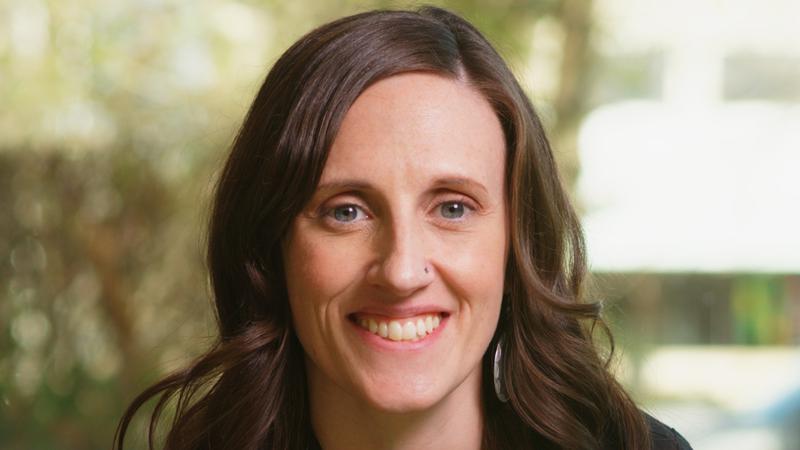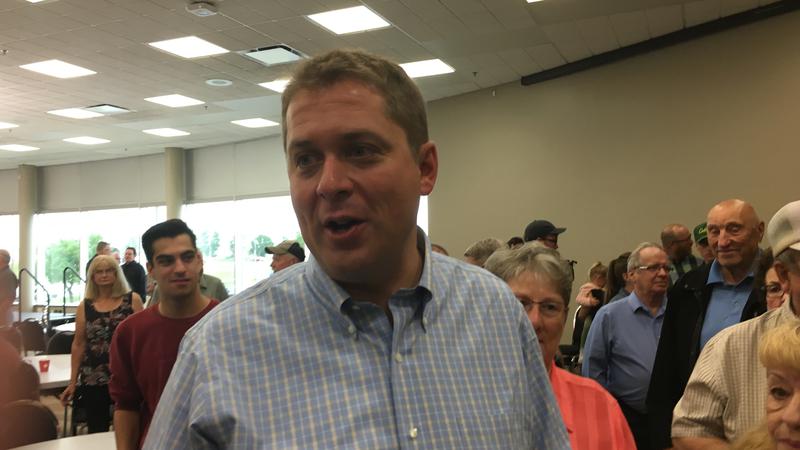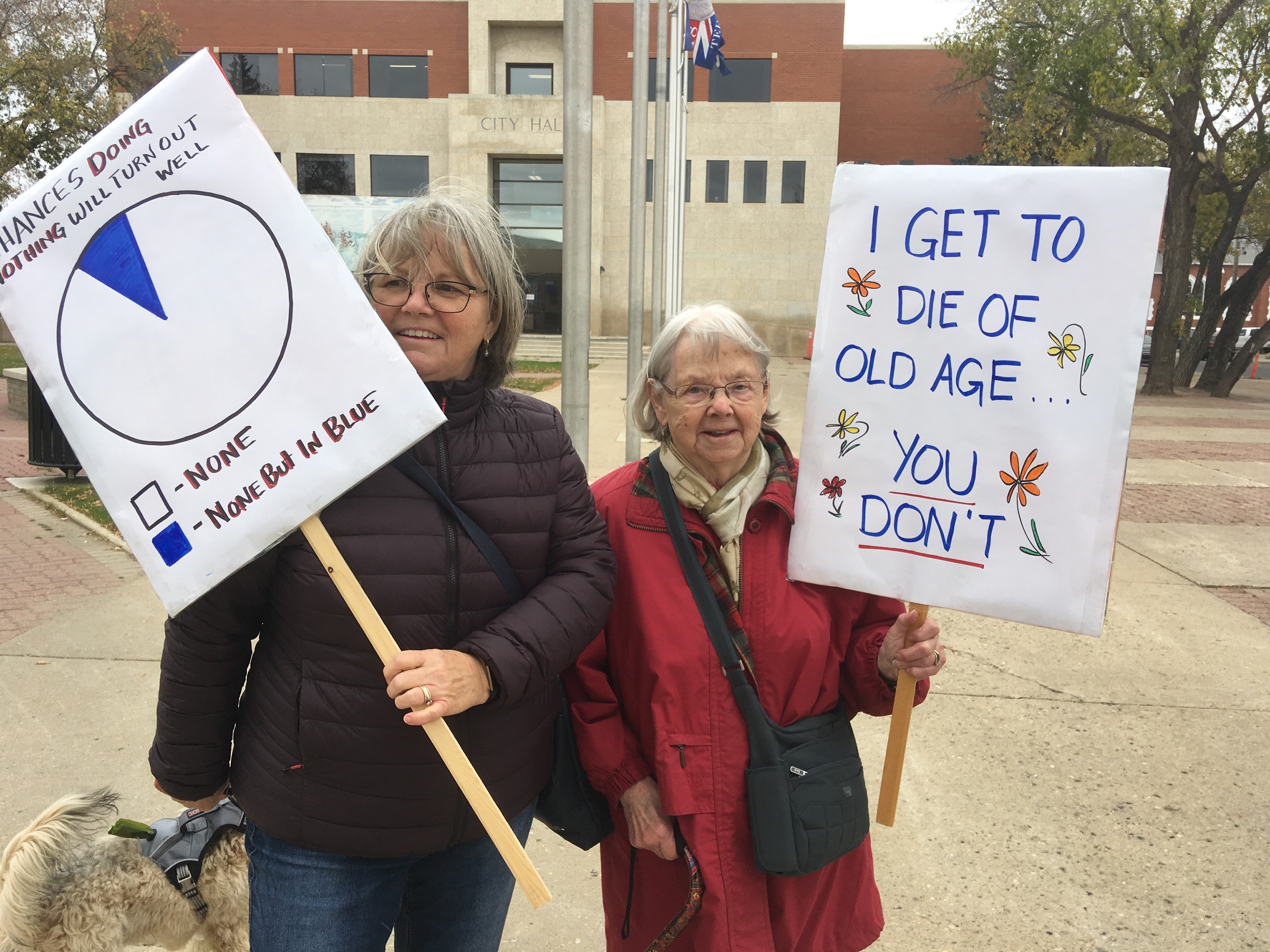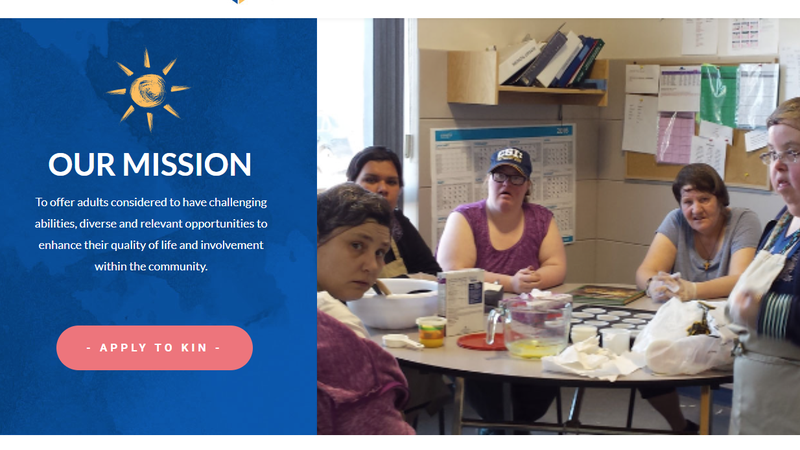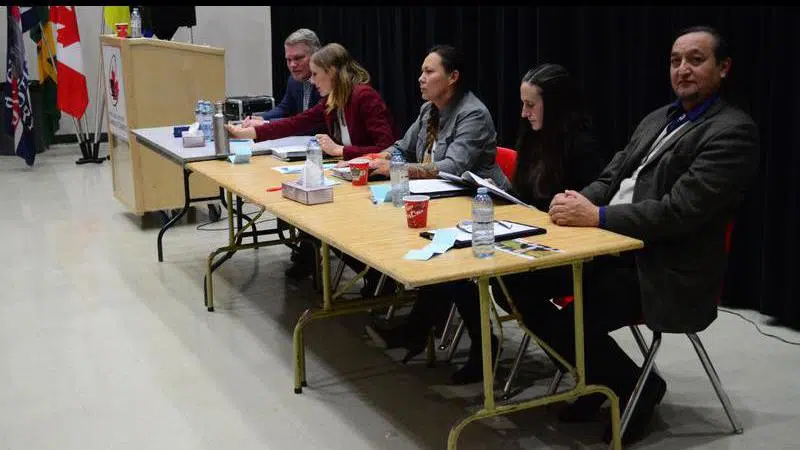
Year in Review: Hoback wins again but Tories come up short
It was a federal election year that proved two things: Justin Trudeau had lost a lot of his lustre from 2015 and the political divide across the nation was bigger than ever. In the end the Liberals held on to power but lost their parliamentary majority, while the Conservatives bulldozed their way across the Prairies but failed to take the ultimate prize.
Scandals set the scene
The battle lines were drawn as early as February on the local political front with long-time Prince Albert MP, Conservative Randy Hoback claiming Trudeau had dented Canada’s standing in the eyes of the world. The Tories were having a field day attacking Trudeau and his party’s handling of the SNC Lavalin – Jody Wilson-Raybould scandal.
“We are not a banana republic,” Hoback told paNOW. “The judicial system is something we brag about around the world and all of a sudden this prime minister thinks he’s above the law and thinks it is OK to call a judge and get his friend off. You and I could never do that.”


